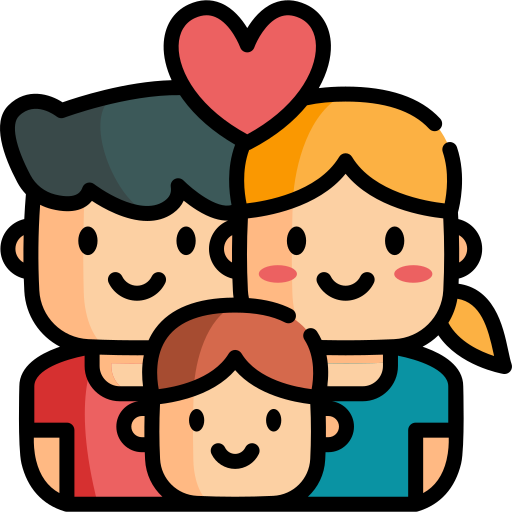Building Critical Thinking Skills in the Digital Age: Navigating Information Overload and Developing Media Literacy
In today’s digital age, we are constantly bombarded with information from various sources. Social media platforms, online news outlets, blogs, and more create a vast amount of data that can be both beneficial and detrimental to our cognitive abilities. As consumers of digital content, it is essential to develop critical thinking skills to effectively navigate this digital landscape.
Critical thinking involves analyzing information, identifying biases and misinformation, making informed decisions, and solving problems. In the context of the digital age, building critical thinking skills is crucial for media literacy, which enables individuals to effectively evaluate the credibility and reliability of online sources. Media literacy involves understanding how to identify and challenge media messages, recognize different formats of communication, and understand the role of bias in shaping our perceptions.
However, with the rise of social media, online echo chambers, and deepfakes, it’s becoming increasingly difficult to separate fact from fiction. Moreover, the constant stream of information can lead to cognitive overload, making it challenging for individuals to process and evaluate the vast amount of data available. Therefore, developing critical thinking skills in the digital age is more important than ever.
To build critical thinking skills in the digital age, follow these key steps:
1. **Practice Active Reading and Listening**: When consuming online content, practice active reading and listening by paying attention to the author’s purpose, tone, and language. Identify biases, logical fallacies, and emotional appeals that may influence your interpretation of the information.
2. **Evaluate Sources**: Not all sources are created equal. Evaluate the credibility and reliability of online sources by considering factors such as expertise, peer-review, and publication date.
3. **Recognize Emotional Manipulation**: Social media platforms often employ emotional manipulation tactics to influence your behavior. Recognize these tactics, including sensational headlines, emotive language, and persuasive imagery.
4. **Develop a Growth Mindset**: Embracing a growth mindset means being open to learning from mistakes and embracing challenges as opportunities for growth. Develop this mindset by seeking out diverse perspectives, asking questions, and exploring topics beyond your comfort zone.
5. **Practice Media Literacy Exercises**: Engage in media literacy exercises that challenge your critical thinking skills. Try analyzing advertisements, evaluating news sources, or creating content with a critical eye.
6. **Set Healthy Technology Boundaries for Kids**: If you have children, set healthy technology boundaries to protect their cognitive development. Limit screen time, monitor online activity, and engage in activities that promote physical and social interaction.
7. **Educate Children on Digital Etiquette**: Teach children the basics of digital etiquette, including online safety, cyberbullying prevention, and responsible sharing practices.
8. **Stay Up-to-Date with Digital Literacy Resources**: Utilize digital literacy resources, such as online courses, workshops, and assessments, to stay current with emerging technologies and trends.
By incorporating these steps into your daily routine, you can develop critical thinking skills that will serve you well in the digital age.
Building critical thinking skills takes time and practice. It’s a skill that can be developed over time with dedication and persistence. Here are some additional resources to help you get started:
Setting Healthy Technology Boundaries for Kids provides practical tips for parents on how to establish a healthy balance between technology use and other aspects of life.
Educating Children on Digital Etiquette offers guidance on teaching children the basics of digital citizenship, including online safety, cyberbullying prevention, and responsible sharing practices.
To learn more about digital literacy, visit:
which provides an overview of the concept of digital literacy and its importance in today’s society.
Northstar Digital Literacy: Home, offers a comprehensive assessment tool to evaluate your digital literacy skills.
In conclusion, building critical thinking skills in the digital age is crucial for navigating information overload and developing media literacy. By incorporating these key steps into your daily routine, you can develop a stronger critical thinking framework that will serve you well in today’s fast-paced digital landscape.

